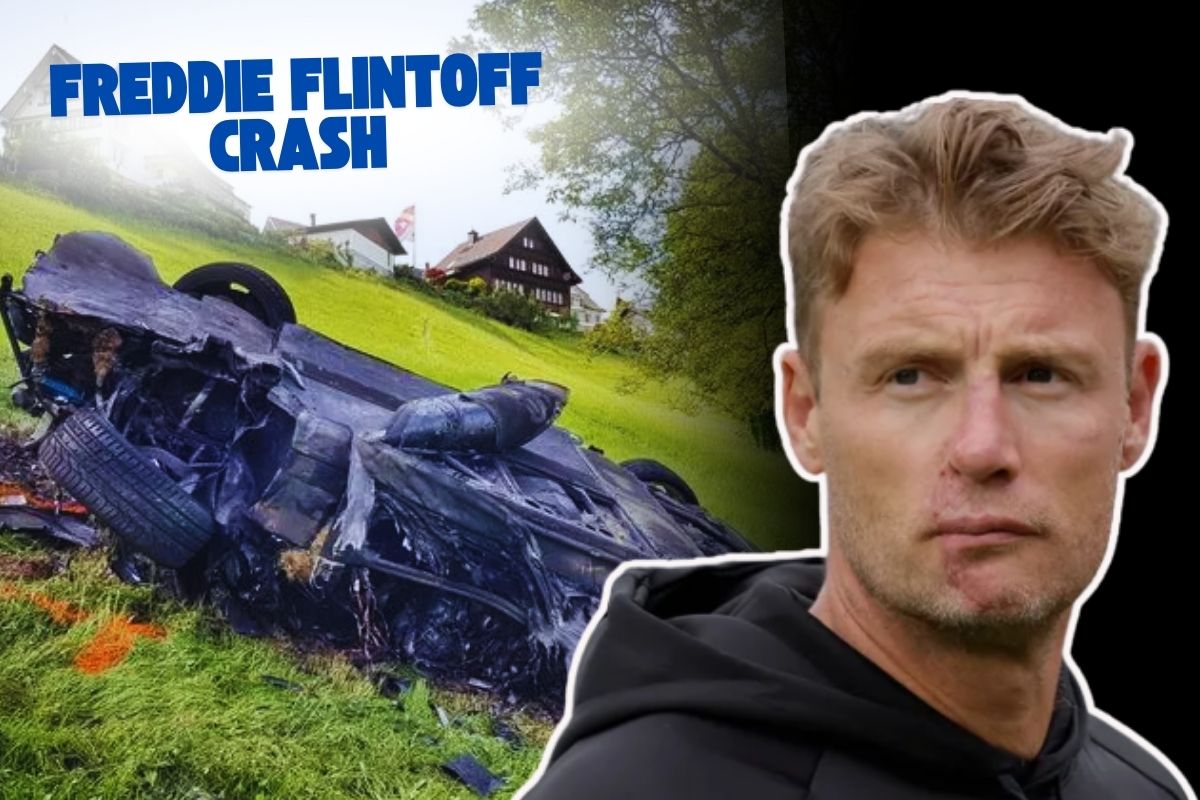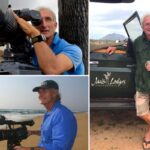God, I was not prepared for Freddie’s Disney+ documentary. It made me properly tear up when I watched it last week.
You know how some telly just hits different? That was one of those times. Watching Freddie discussing how he didn’t leave his home for eight months after that Top Gear accident. The very same bloke who used to wind up the Aussies at cricket and loved every minute of it.
That December Day Everything Changed
Dunsfold Aerodrome, December 2022. Just another day of filming, or so everyone thought.
My brother-in-law is involved in telly production. The worst accidents, he always says in such cases, happen on mundane shoots. They’re not looking for drama when they are engaged in standard car stuff that they’ve done hundreds of times.
Freddie was nervous beforehand. Staff members knew he had qualms about the stunt. It’s mental when you think about it; when someone like Flintoff says it, surely then it’s time to pull the plug, isn’t it?
But, no. Cameras were rolling, the clock was ticking, and the show must go on. All that bollocks. He was trapped in the car for 45 minutes. Forty-five minutes thinking you might not see your kids again. Makes my stomach turn just imagining it.
The Bit Nobody Talks About
Physical injuries heal. Scars fade. The mental stuff? That’s the killer.
My father couldn’t drive past the spot where he crashed in ‘98 for two years. Mum had to take a different route to the supermarket because he would start trembling.
I think Freddie’s documentary portrays that side properly. Nightmares, flashbacks, panic attacks. Real trauma, not the sanitised version you usually get from celebrities.
He was certainly a changed man when he emerged in public again. Still Freddie, but there was something that had changed behind his eyes. You could tell immediately.
Eight Months as a Prisoner
Think of being too frightened to pop to the corner shop. Freddie Flintoff, who once bowled his heart out on a bust ankle in the Ashes, could not bring himself to look at his own front door.
That is what anxiety can do to you. Doesn’t matter if you are an international superstar or just another random bloke from Manchester. Fear is fear.
My mate Steve had the same thing happen after he got back from Afghanistan. Strong as an ox, that lad, but he couldn’t stand crowds for months. Took hours of persuasion before he’d even come to the pub with us.’
The recovery timetable that nobody tells you; it’s not weeks or months, it’s years. Freddie has been open about this in ways most public figures will never be.
£11 Million Won’t Fix This
BBC paid out big money. Eleven million quid is mad, isn’t it?
However, you cannot buy back the feeling of safety. A good night’s sleep or confidence behind the wheel of a car isn’t available for purchase. Money doesn’t erase the flashbacks or keep your hands from shaking when someone brings up the accident.
My view? That settlement is not compensation; it’s an acknowledgement they massively screwed up. It should never have happened in the first place.
The Beeb’s track record with presenter safety has been dodgy for years. This was just the worst example yet.
Cricket Brought Him Back
This had me properly emotional. Cricket saved him, he says. Not doctors, not therapy sessions, just returning to what he did best.
When you think about it, that all makes perfect sense. Cricket was his happy place: the Ashes wins, bantering with the lads, and the buzz of the rivalry. Everything else seemed dangerous and frightening, but Cricket was still Cricket.
After my marriage fell apart, I did something similar. Picked up playing Sunday league at 35; I hadn’t played a game of football in years. But being back with the lads, seeing the funny side of things, and focusing on something so simple helped me a lot.
The Documentary Nobody Expected
It was ninety minutes of raw honesty with no PR spin, no heroic comeback story. It’s just a bloke who says he’s really struggled, and that’s what real recovery looks like.
The crash is seen for the first time. Genuinely shocking stuff. You can see why it messed him up so badly.
What I like is he’s not going to say that everything’s OK now. Still gets nervous, still has bad days. That is the reality most people face after trauma.
Top Gear’s Finished
The show’s pretty much over after this, right? Well-placed BBC sources believe it might never return. Good riddance, if you ask me.
It wasn’t the same after Clarkson, May and Hammond left anyway. This accident just confirmed what we all knew: the format had run its course.
There are some things not worth the risk. Light entertainment telly should not be maiming presenters for life.
What Happens Now
Watching Freddie in the documentary, you’re watching a man who’s never going to be the same. Not necessarily worse, just different.
The dashing, brave cricket hero who took on fast bowling? He’s still there somewhere. But now here is this other version, which is more careful, more conscious of his limitations, and perhaps even more human.
Recovery is not about returning to the former you. Sometimes it’s about becoming someone new who can live with what happened.
The Freddie Flintoff crash broke him in ways we’re only just starting to understand. But watching him speak candidly about it, also helping other individuals feel less alone with their own battles? That takes proper courage.
Fair play to him for sharing the story. It takes some guts to be that kind of vulnerable on camera.
Might even inspire someone else to ask for help when they need it.











One response to “Freddie Flintoff Crash: The Real Story Behind His Recovery Journey”
Thanks for sharing. I read many of your blog posts, cool, your blog is very good.